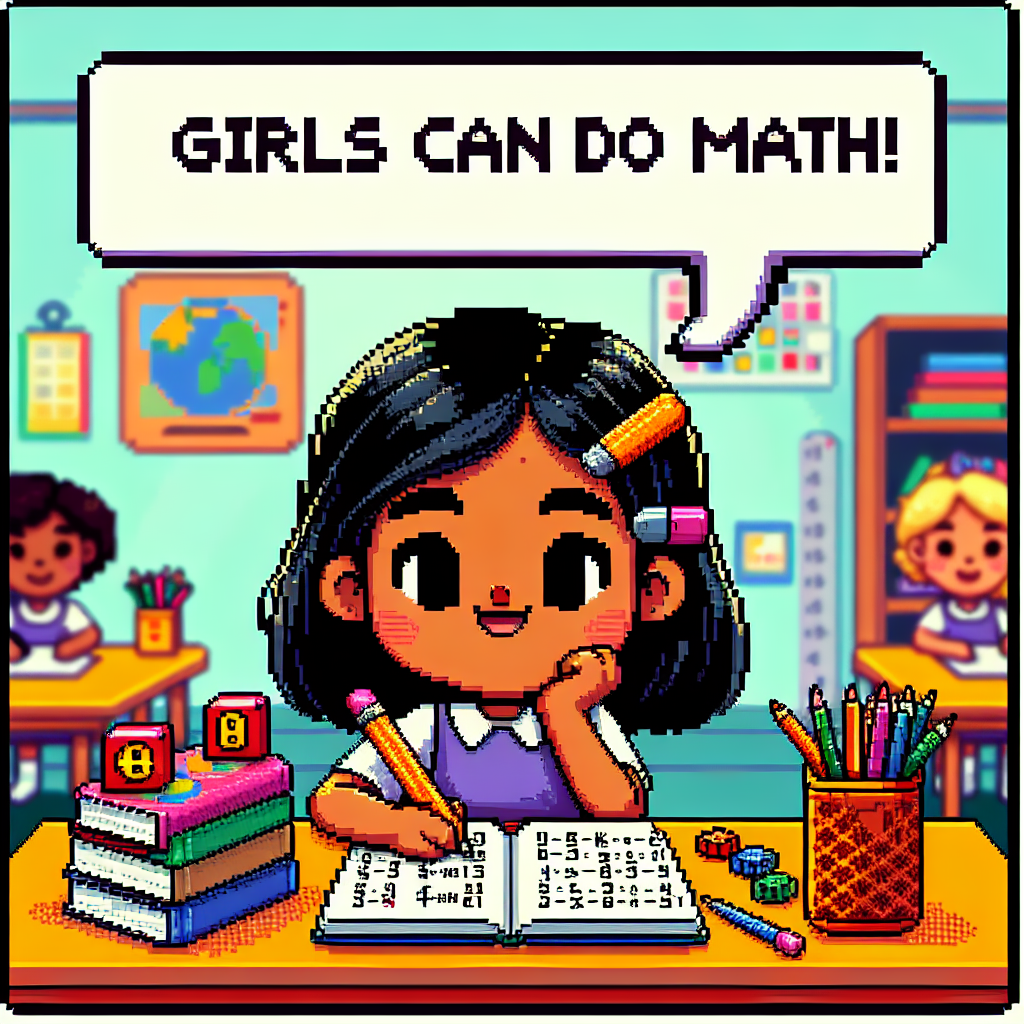**Challenging Sexism in Education: A Call for Equality**
In recent years, comments and beliefs rooted in outdated stereotypes continue to plague educational environments. In 2021, a disheartening remark was overheard in a classroom after test results were announced. The comment proclaimed that a student’s failure was due to her gender, suggesting that girls are inherently not good at math. Such statements perpetuate harmful stereotypes, impacting young minds and reinforcing sexist ideologies. It’s crucial to dissect these beliefs to promote a more equitable educational landscape.
**Step 1: Research the Source**
Before jumping to conclusions, we must recognize that mathematical ability is not determined by gender. Research and statistics in the field of education reveal that performance varies on an individual basis, not along gender lines. Encouraging a supportive learning environment is essential. Teachers and educators should focus on individual strengths and areas for improvement, rather than generalized assumptions. Through awareness and understanding, we can discard false notions that hinder progress.
**Step 2: Check the Reasoning**
When we examine the reasoning behind such statements, it becomes clear that this argument is rooted in a sexist stereotype. Unjustly generalizing mathematical prowess based solely on gender overlooks individual talents and hard work. Logical thinking necessitates rejecting such biases. By assessing each student’s abilities on an individual basis, we embrace fairness and equality. Stereotyping not only distorts reality but also stifles potential.
**Step 3: Check for Biases**
Lastly, we must reflect on societal and cultural influences that perpetuate these stereotypes. Our commitment to education equality entails challenging and overcoming such biases. During our pursuit of inclusivity, we must focus on dismantling barriers that limit opportunities for any gender. Both educators and students can take steps to foster an inclusive environment where everyone feels valued and capable.
**Conclusion**
Discriminatory and baseless, such statements have no place in our educational systems. By rejecting gender stereotypes and embracing equality, we can support all students equally, empowering them to achieve their fullest potential. Let’s transform education for the better by nurturing a future where talent knows no gender.


